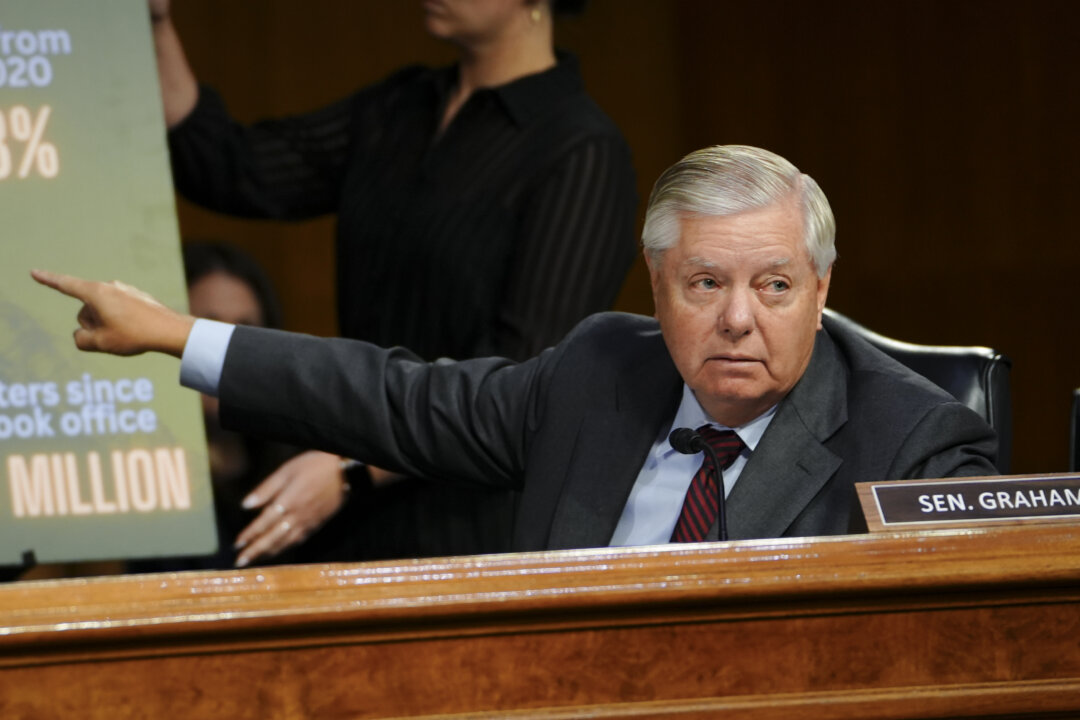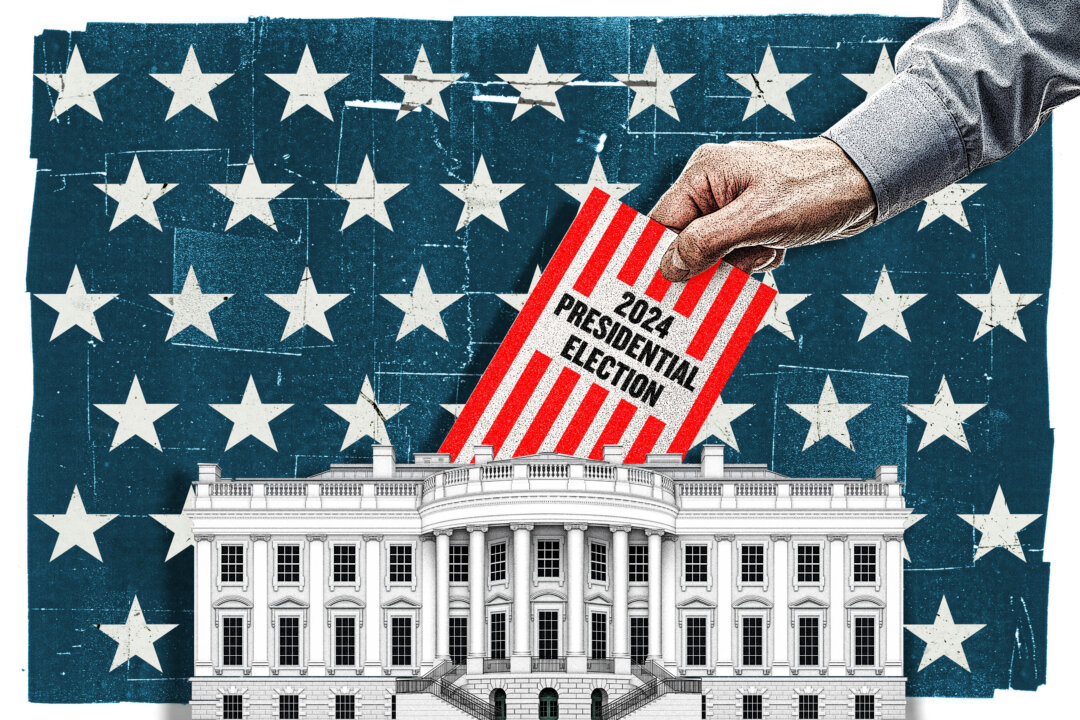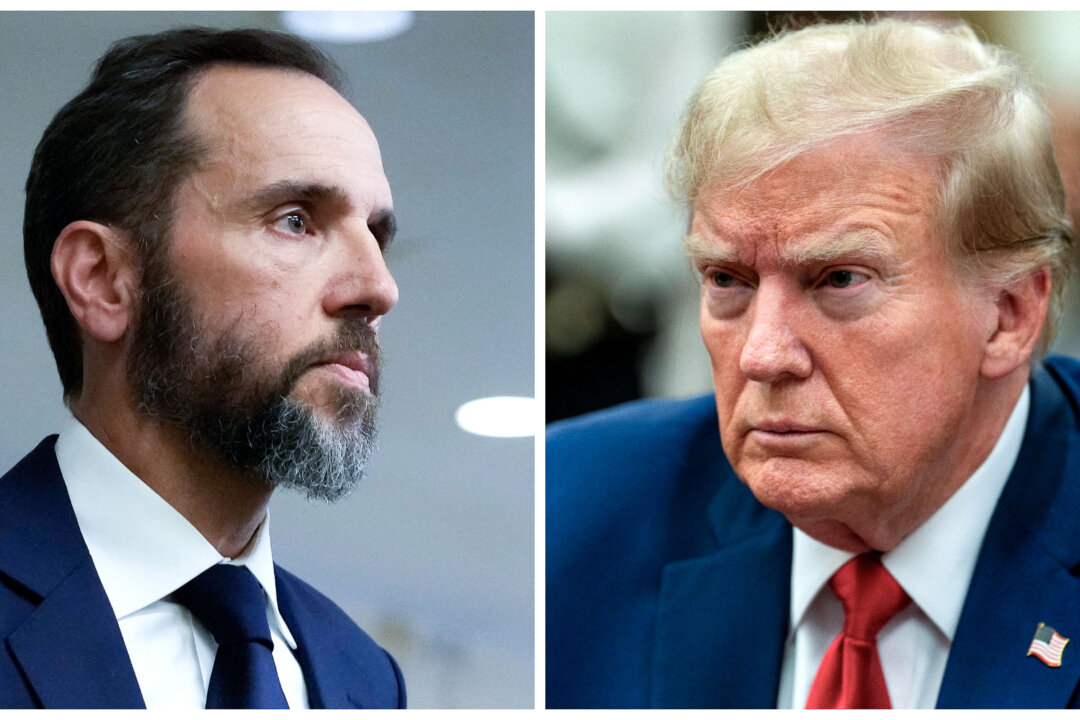A federal court of appeals has ruled that Donald Trump, former president, is not immune to civil lawsuits pertaining to the U.S. Capitol breach on January 6, 2021. On December 29, a three-judge panel for the U.S. Court of Appeals issued an order affirming a ruling from December 1 that found Trump’s actions leading up to and on January 6 were part of his campaign for reelection, not an official presidential act. The lawsuit was filed by Capitol Police veteran Conrad Smith and seven of his colleagues in 2021, and Trump’s attorneys argued he should have immunity because his actions amounted to official speech on matters of public concern. However, the panel disagreed, saying that there was no inherent connection to distinguish official and unofficial acts.
The panel ruled that Trump’s commentary and actions bear no inherent connection to the essential distinction between official and unofficial acts, rendering him ineligible for presidential immunity. This meant Trump was not immune from civil lawsuits related to the event, and his attorneys have the opportunity to request a rehearing before a full panel of judges on the U.S. Court of Appeals or take the case to the U.S. Supreme Court.
Critics have focused on a portion of Trump’s remarks where he said “we fight like hell” and “if you don’t fight like hell, you’re not going to have a country anymore” as a call for violence. However, Trump has insisted that he meant his remarks about fighting like hell metaphorically, denying that he called for violent protests. The lawsuit was filed on behalf of Mr. Smith and seven of his colleagues by the Lawyers Committee for Civil Rights, who argued that Trump deliberately incited violence against Congress members and law enforcement officers.
The lawsuit claim that President Trump’s actions put the plaintiffs in harm’s way while intentionally energizing white supremacists and violent extremist groups to coordinate the violent attack on the Capitol. As a result, by calling for accountability for the perpetrators, they aimed to prevent such events from happening again. Despite the claims, President Trump’s attorneys argued for the lawsuit to be dismissed on the grounds that he was eligible for immunity.
The court rejected Trump’s bid to have the case dismissed, leading to the December judgment that his remarks were not official acts as president. This led to the court’s issuance of a similar determination that the former president is not immune from civil lawsuits related to January 6.
The appeals court cited the ruling and stated that the case brought by Mr. Smith and his colleagues is “indistinguishable” in all relevant aspects, leading to the ruling that Trump is not immune from civil lawsuits related to the event.
With the latest developments in the case, the long-term consequences for Trump remain uncertain, with potential legal proceedings to follow. The ruling has set a legal precedent that could have implications for future cases involving a similar situation, and it could result in further hearings or proceedings that shed new light on the events of January 6 and their aftermath.
The case has drawn attention and speculation, with further developments expected in the near future. As the legal process unfolds, there will likely be increased scrutiny of the events of January 6 and the aftermath, potentially contributing to a better understanding of the complex series of events that unfolded on that fateful day in American history.




